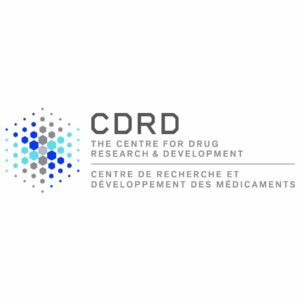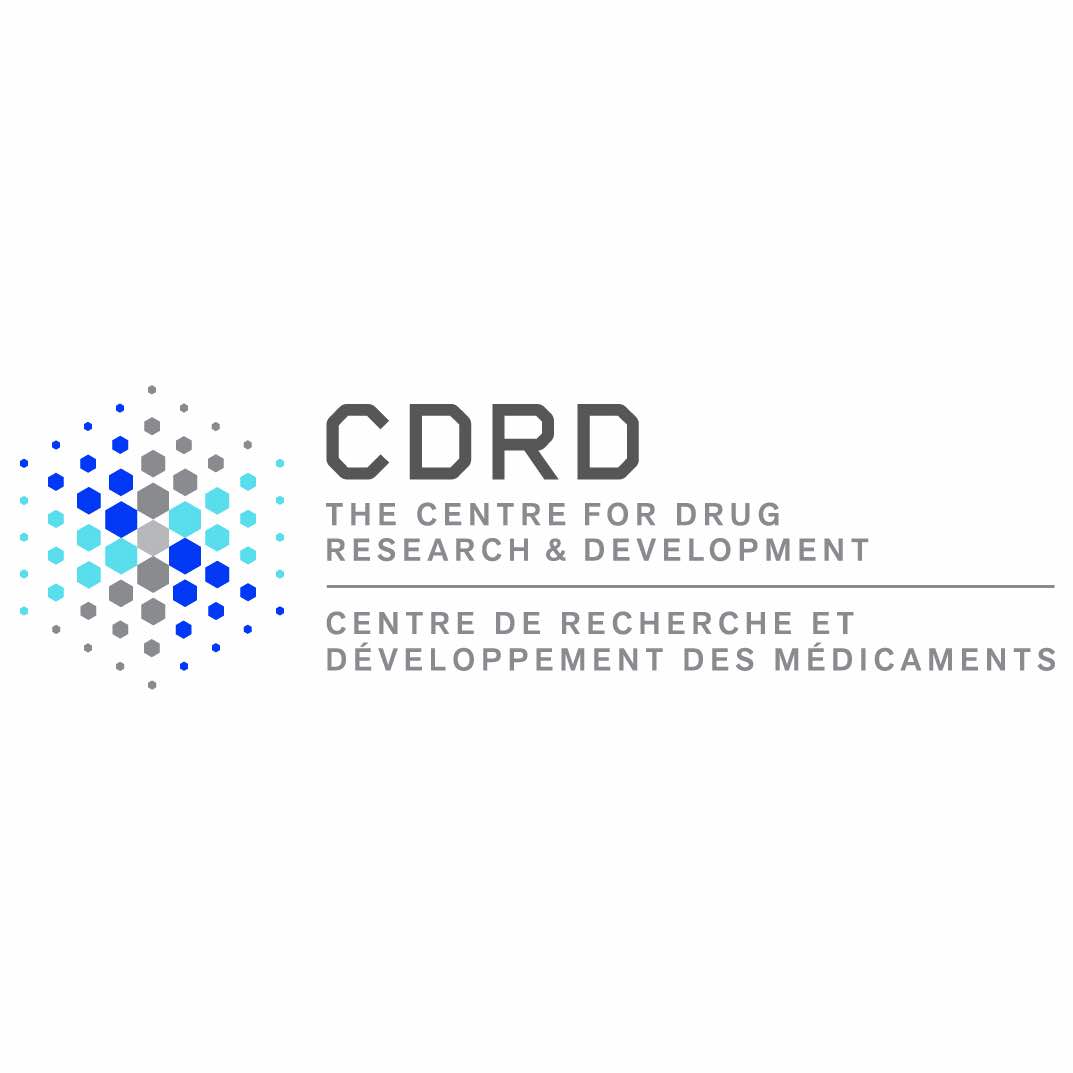 Today Canada’s National Centre for Drug Research and Development announced a collaboration with Schrödinger Inc to use artificial intelligence to help facilitate the development of new therapeutic antibodies.
Today Canada’s National Centre for Drug Research and Development announced a collaboration with Schrödinger Inc to use artificial intelligence to help facilitate the development of new therapeutic antibodies.
We’re excited to work with CDRD to aggressively translate scientific discoveries into innovative therapeutic products,” said Dr. Ramy Farid, Schrödinger’s President and CEO. “This partnership is an important step forward in our efforts to extend the successes we’ve had in small molecule drug discovery to the development of novel biologics.”
Drug discovery and development is a long, expensive and complicated process that requires many partners with specialized expertise to advance a potential drug candidate into the clinic. Because of the tremendous resources required and inherent high failure rates in drug development, we need to be more efficient wherever possible and utilize cutting-edge technologies to help us process data faster and more accurately. Artificial intelligence is one such technology.
CDRD will be using Schrodinger’s AI and predictive modeling software to develop high-quality humanized antibodies with ideal biophysical characteristics more efficiently and effectively than traditional methods. Specifically, Schrödinger will provide its biologics modeling technology to triage and help prioritization through prediction of physico-chemical liabilities, as well as to support antibody humanization via structure based computational approaches. CDRD will provide a portfolio of antibodies specific to a particular target, as well as accompanying key molecular and physicochemical lab measurements. The British Columbia Cancer Agency (BCCA) will provide critical biological data for the initial project which will involve an immune checkpoint target that is present on cancer stem cells.
Schrödinger is a leader in applying AI to small molecule drug discovery; so we are excited to be a part of this unique collaboration to leverage those capabilities to now also develop biologics more efficiently and expeditiously,” said Gordon C. McCauley, CDRD’s President and CEO. “This collaboration also highlights the importance of CDRD’s collaborative approach in bringing together partners from academia, in this case, BCCA and industry as we work to advance groundbreaking research from bench to bedside.”




